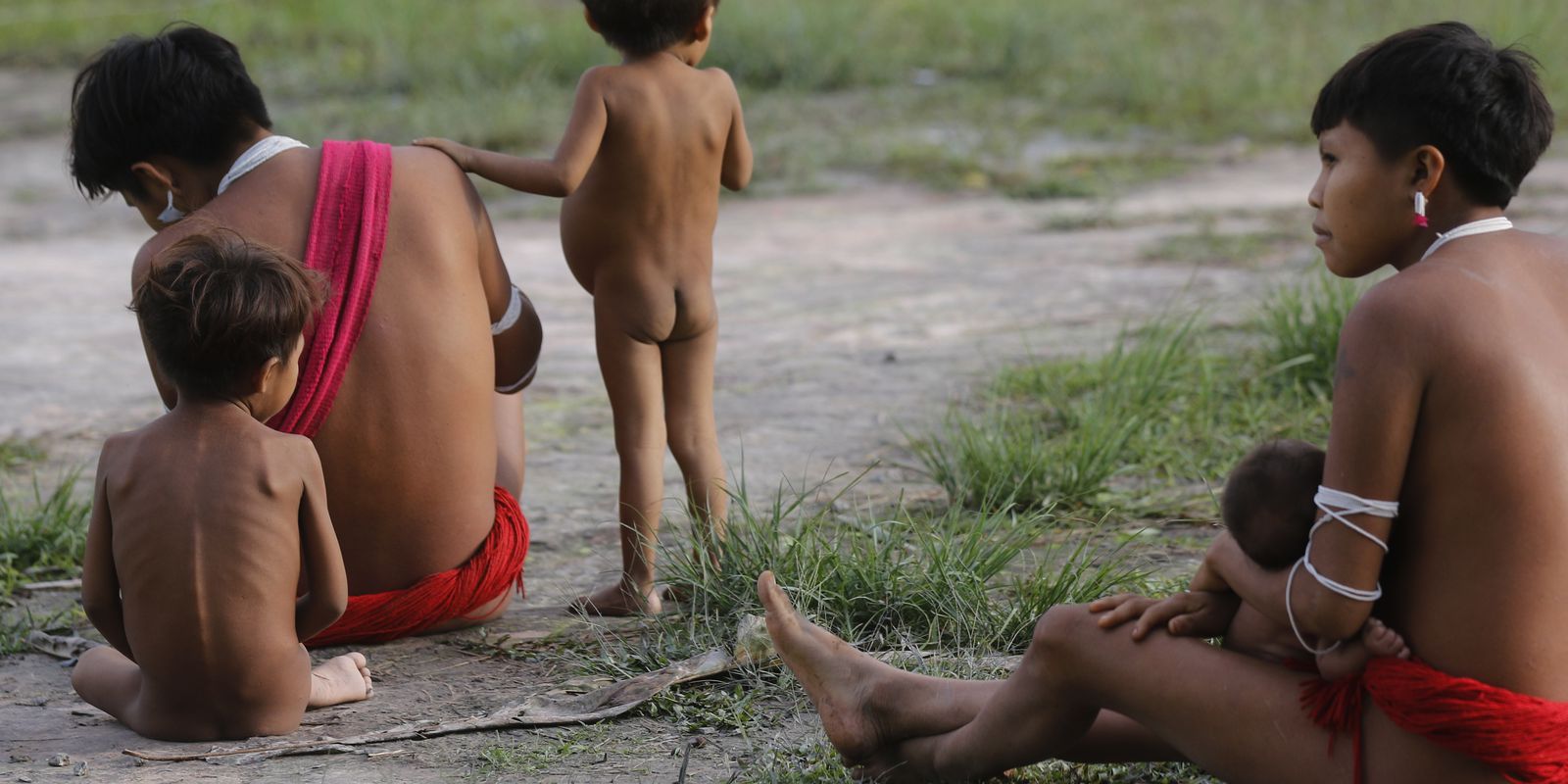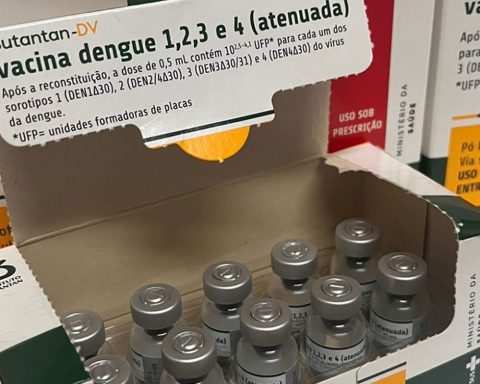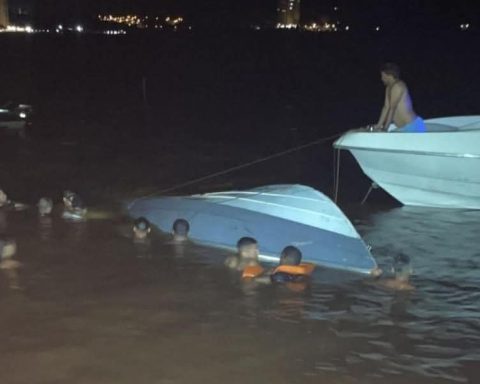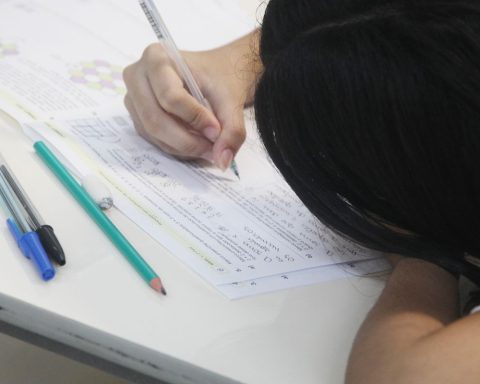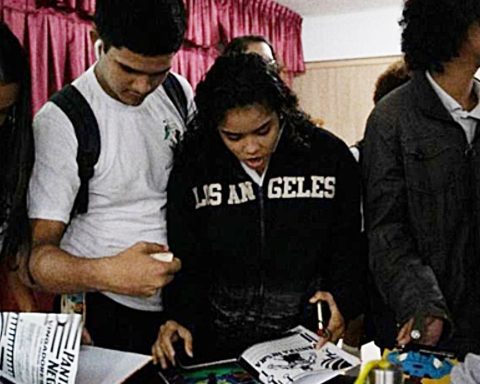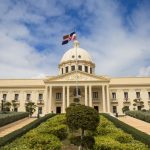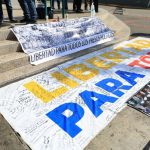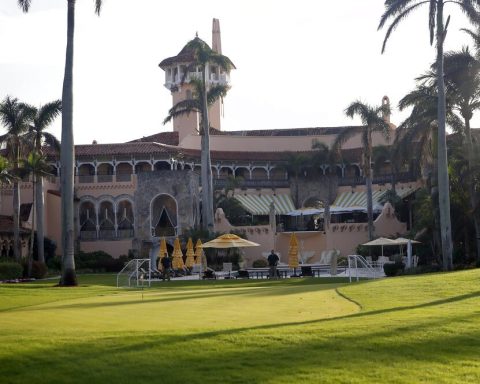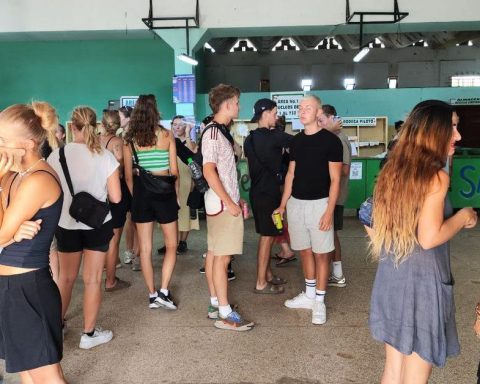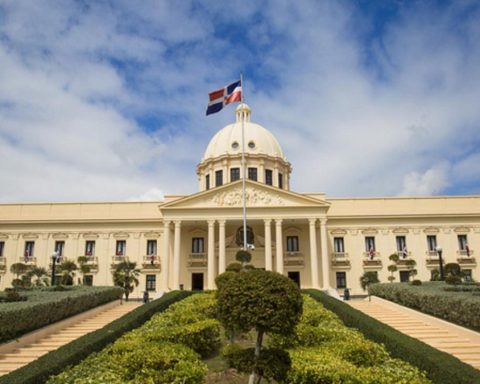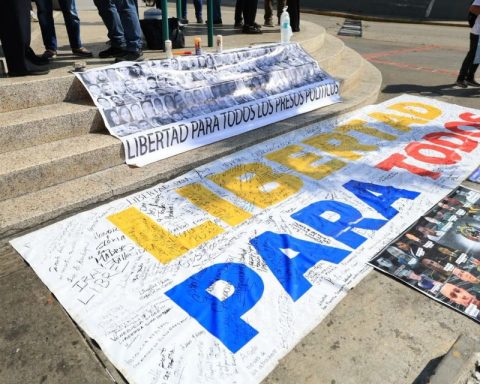In the first days of government, President Luiz Inácio Lula da Silva faced a serious humanitarian crisis, inherited from the previous administration and fallen into his lap: the death and misery that devastated the indigenous people of the Yanomami ethnic group, subjected to four years of lack of assistance. in several dimensions, added by the aggravation of invasions by illegal miners.
The relationship between Lula and the indigenous people was remarkable in the first 100 days of his administration. The president needed to give more answers than he imagined and in much less time. While the creation of a ministry exclusively for indigenous interests was already a campaign promise, the Yanomami genocide called for a quick reaction from the new government.
a new ministry
In Lula’s third administration, the indigenous peoples gained a ministry and reached a new level of importance in public administration. They also won the vocabulary battle, which currently requires more care. They no longer accept being called “Indians”, as leaders have publicly asked for a long time. For this reason, the National Foundation for the Indigenous People changed its name to the National Foundation for Indigenous Peoples (Funai), on the first day of Lula’s term in office, through the publication of Provisional Measure No. 1,154.
The assimilation of the claims of the indigenous movement came quickly, since its main leaders, Sonia Guajajara and Joênia Wapichana, are at the head of the Ministry of Indigenous Peoples and Funai, whose mission is to look exclusively at them. Joênia is the first indigenous woman to assume the autarchy.
Yanomami crisis
On January 21, President Lula and Minister Silvio Almeida were in Roraima, in a delegation formed to monitor the actions of the federal government in the Yanomami Indigenous Land (TI). At the turn of January to February, a delegation from the folder went to the place again. In addition to meetings with leaders, the representatives met with the governor of Roraima, Antonio Denarium, in Boa Vista.
On January 30th, the federal government launched, through the ministry, a preliminary report about the rights of the Yanomami violated by the previous Bolsonaro administration. The Human Rights and Citizenship portfolio also requested that Justice and Public Security strengthen measures to protect the villages and leaders of Boa Vista, which would translate into the deployment of National Force agents. Help for the Yanomami was extended to the capital of Roraima.
Funai was, throughout the period, in contact with the inter-ministerial group that carried out the package of emergency measures in the Yanomami IL, defining, for example, food distribution logistics. In its balance sheet, the Amazon Joint Operational Command, of the Brazilian Air Force (FAB), highlighted that, in 60 days of operation, it delivered 350 thousand kilos of food in the Yanomami territory. The foundation also took the initiative to request, on a visit to the National Congress, an extraordinary credit of more than R$ 160 million, of which approximately R$ 80 million for actions in the Yanomami TI.
Combating illegal mining
The indigenous movement and indigenists understood that the fight against illegal mining and the disintrusion of garimpeiros from the TI was fundamental. For them, this means nipping the evil of predatory exploitation at its root, that has hit the spot for decades, despite the completed demarcation. The Indigenous Council of Roraima (CIR) informed, in early February, that at least 30 young Yanomami were pregnant by minersafter being victims of rape committed by them.
For this reason, Funai joined forces with the Brazilian Institute for the Environment and Renewable Natural Resources (Ibama), the National Force and the Ministry of Defense, to guarantee the safety of the Yanomami and Moxihatëtëa, people in voluntary isolation who are in TI and was located less than 15 kilometers from a mining point, in February of this year. The prospectors were allowed to leave by the federal government, which even ordered the FAB to close Yanomami airspace. Ibama and the National Force installed a control base on the Uraricoera River to prevent the flow of supplies to the mines.
In addition, the Minister of Justice and Public Security, Flávio Dino, said, on January 23, that he would initiate a police investigation to investigate the crime of genocide and environmental crimes. The Federal Public Ministry (MPF) confirmed, a week later, the opening of the inquiry.
At the end of February and beginning of March, the União dos Povos Indígenas do Vale do Javari (Univaja) received at its headquarters, in Atalaia do Norte (AM), a delegation with representatives of the federal government and security forces. The purpose of the meeting, which was widely covered by the Brazil Agencywith several reports, was to strengthen the presence of the public power in the region, where there is the highest concentration of isolated indigenous peoples in the country and where the indigenist Bruno Araújo Pereira and the British journalist Dom Phillips were murdered, in June 2022.
Just as the MDHC did with those persecuted by the dictatorship, Funai rectified a version that the previous government constructed about the murder of Dom and Bruno. On February 28, the foundation went public to correct a defamatory note against both, in which Marcelo Xavier’s Funai linked a series of untruths to the two.
The attendance, in mid-March, of president Lula and the president of Funai, Joenia Wapichana, to the 52nd General Assembly of the Indigenous Peoples of Roraima, in the Raposa Serra do Sol Indigenous Land, in Roraima, was a sign of how public power is returning to to consult communities before deciding on any direction.
The government also concluded the Census in Yanomami territory. On the last day 3, IBGE updated the total number of people registeredin the Yanomami TI, to 27,144.
The month of March ended with an event celebrated by the indigenous movement. On the 31st, Lula made official the request to withdraw the processing of Bill (PL) 191/2020 from the Chamber of Deputies. Authored by the Bolsonaro government, the proposal intended to liberate mining, hydroelectric generation, oil and gas exploration and agribusiness in indigenous territories.
Five days later, the President of the Republic issued Provisional Measure No. 1,168/2023, which allocates BRL 640 million to five ministries, most of which (BRL 513.3 million) to actions aimed at indigenous communities, in particular the Yanomami , due to the socio-environmental crisis to which they were submitted. On the same date, the president of Funai revoked Resolution nº 4, published in January 2021, which established “hetero-identification criteria” to evaluate the self-declaration of identity of indigenous peoples, considered unconstitutional.
According to the assistant secretary of the Indigenous Missionary Council (Cimi), Luis Ventura, the availability of funds is an element that will dictate the degree of implementation of actions. “It is clear that it will take much more than creating a Ministry of Indigenous Peoples. He will need the political strength, the political autonomy, and not just the ministry, but Funai and Sesai as well, the budgetary capacity to be able to respond to the challenges that are posed, in terms of indigenous policy”, he says.
With regard to clashes with invaders of indigenous lands, such as loggers, land grabbers and miners, Ventura is aware of the government’s duty to follow “concrete, firm, determined, consistent” procedures, which are territorial demarcations. “That is what will set the tone for these confrontations with these invasions that are there”.
Regarding cases such as that of the Yanomami, in which the demarcation process has already come to an end, but does not prevent the entry of invaders, the International Relations professor at the Federal University of Amapá (UFAP) Camila Soares Lippi indicates the action of the Public Ministry as a way out Federal (MPF). “The MPF has to have a very strong role in this case, precisely as an inspector of the law. And there is an issue in the field of social communication, which is to make these struggles invisible”, she ponders.
